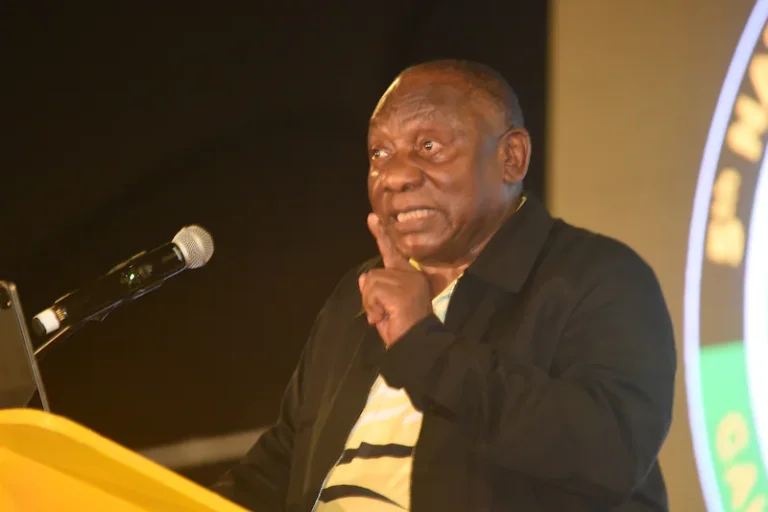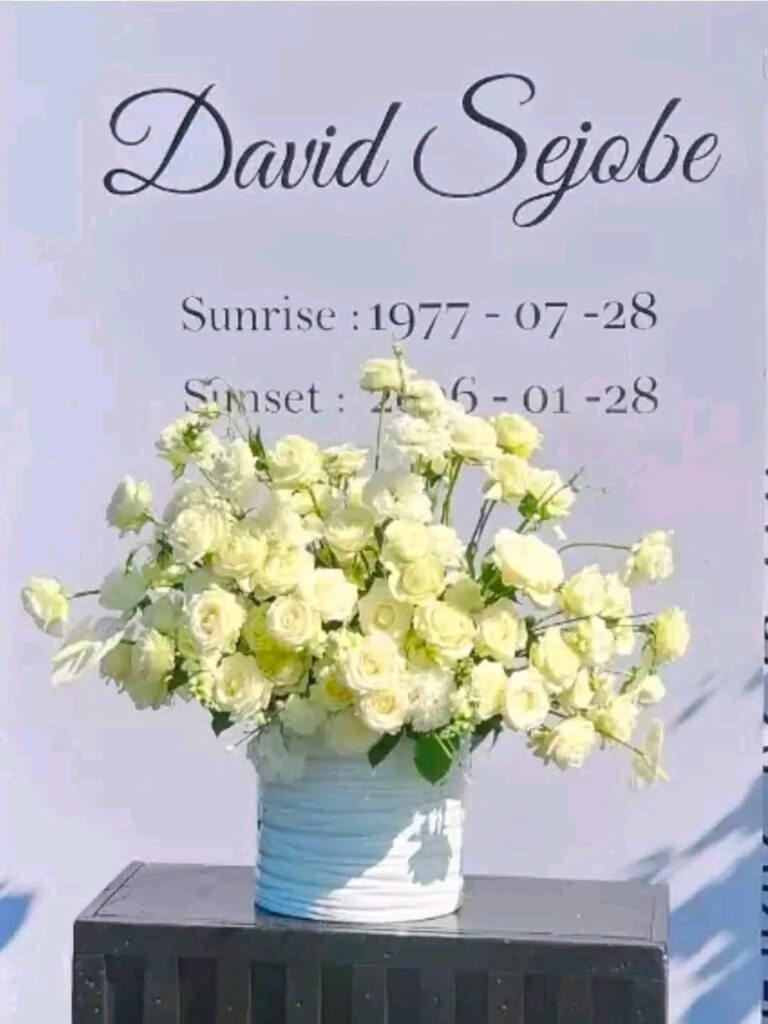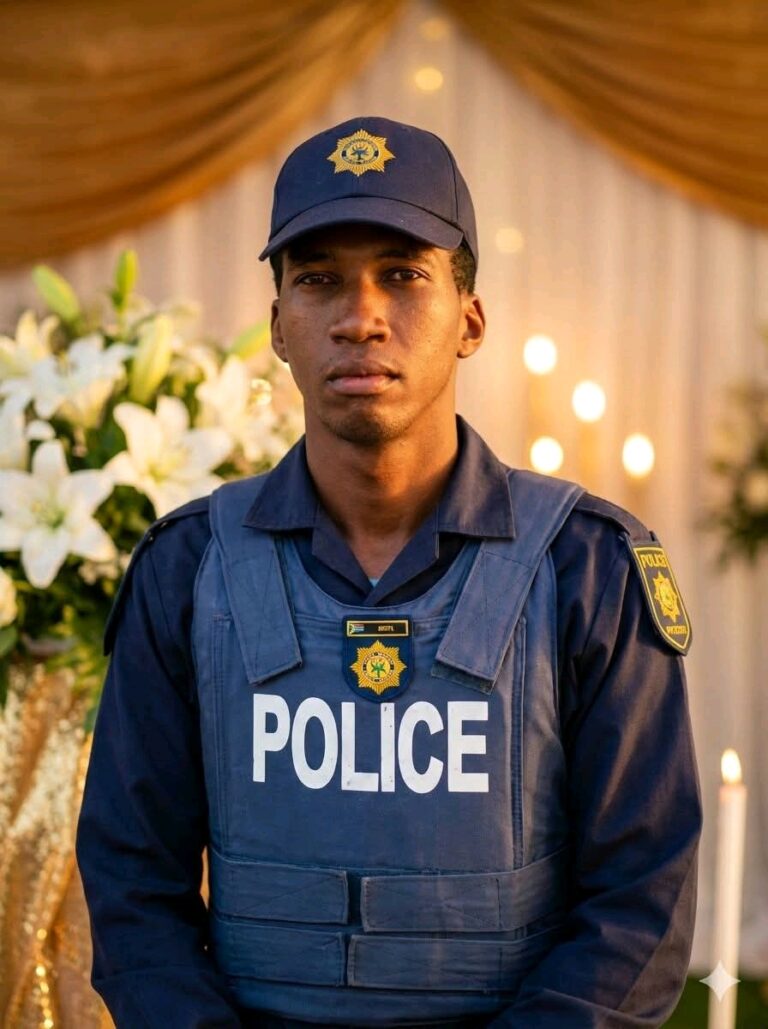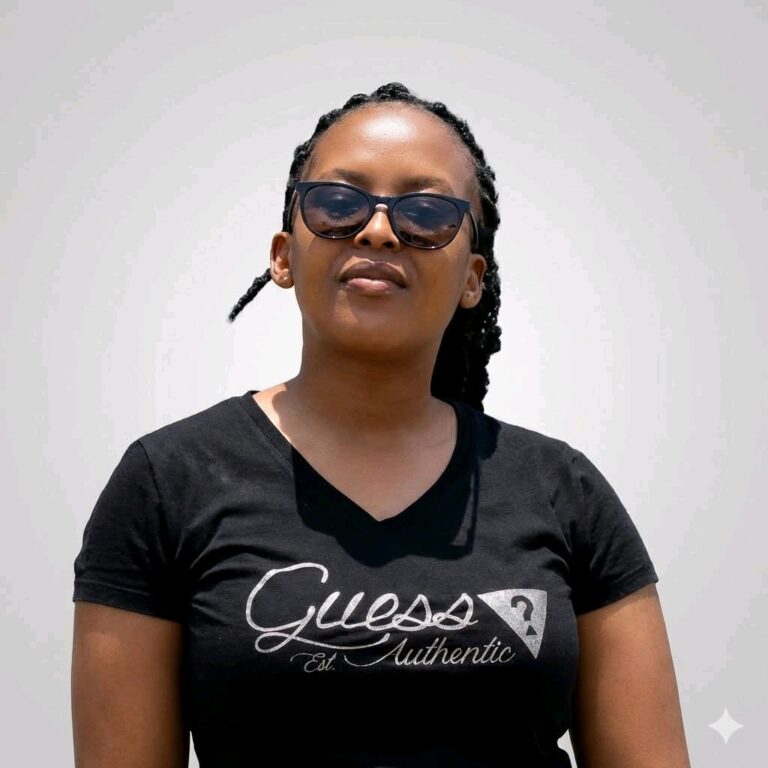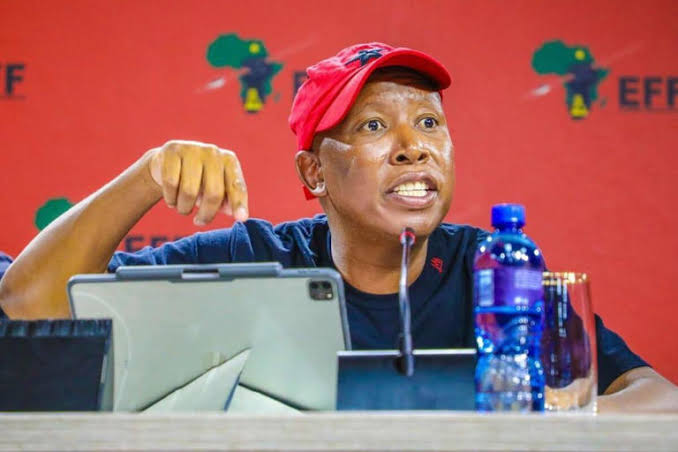
Economic Freedom Fighters (EFF) leader Julius Malema has sparked a fierce debate across South Africa after publicly expressing support for Iran amid its escalating conflict with Israel. Malema’s comments, made during a mass funeral for EFF members in Vryheid, KwaZulu-Natal, have left South Africans divided, with some backing his position while others condemned it outright.
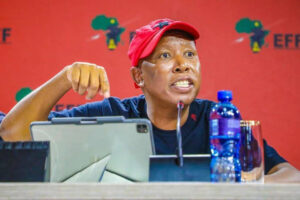
Malema accused the United States, Israel, and their allies of bullying Iran, claiming that Iran was simply defending its sovereignty against Western imperialism. He argued that Iran was being punished for choosing independence and standing against global Western domination.
“We reject the bullying of Iran by the United States of America, Israel, and its allies,” Malema declared. “We stand by Iran’s right to defend itself by any means necessary. Let Israel finally experience the same devastation it has inflicted on Gaza for decades.”
His remarks came shortly after reports confirmed that the United States, under President Donald Trump’s leadership, launched airstrikes on three nuclear sites in Iran on 22 June 2025. The bombings, described as successful by US officials, further escalated tensions in the already volatile Middle East.
Malema’s support for Iran was echoed by the uMkhonto weSizwe (MK) Party, which also condemned the US-led attacks. The MK Party labelled America’s actions as “unjustifiable aggression” and accused the US of destabilizing global peace for its own political interests.
As expected, Malema’s statements sparked an immediate wave of reactions on social media platforms. Supporters of the EFF leader praised his courage to speak out against Western powers, applauding him for siding with oppressed nations. One user, Vanessa Tracey Westhuizen, wrote, “Malema is the only man with guts in South Africa.”
Others, however, were quick to criticize him. Some accused Malema of aligning with controversial regimes to stay relevant politically, while others joked that he was influenced by watching too much international news. “He’s watching too much Al Jazeera,” commented Dennis Johanes. Another user, Pieter Uys, sarcastically remarked that the UK was right to ban Malema from visiting their country.
Amid the heated exchanges online, President Cyril Ramaphosa added his voice to the discussion by calling for urgent dialogue between Israel and Iran to prevent further bloodshed. Ramaphosa urged both nations to pursue peace and resolve their differences diplomatically, but many South Africans were unimpressed. Instead of focusing on foreign conflicts, citizens urged Ramaphosa to address the persistent challenges facing South Africa, including unemployment, poverty, and crime.
While Malema remains steadfast in his position, the controversy has once again highlighted the deep political divisions within South Africa regarding global affairs. As international conflicts continue to escalate, the question remains whether local political leaders should get involved or concentrate solely on South Africa’s internal issues.
For now, Malema’s outspoken stance has positioned him as both a bold defender of anti-imperialist rhetoric to some and a reckless populist to others.


